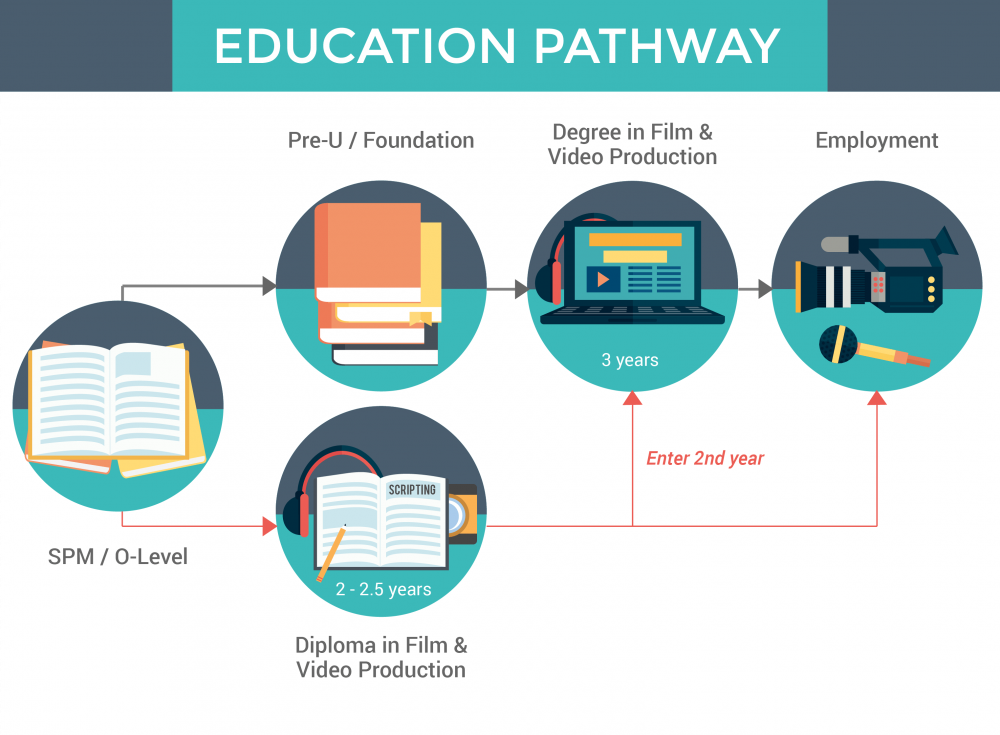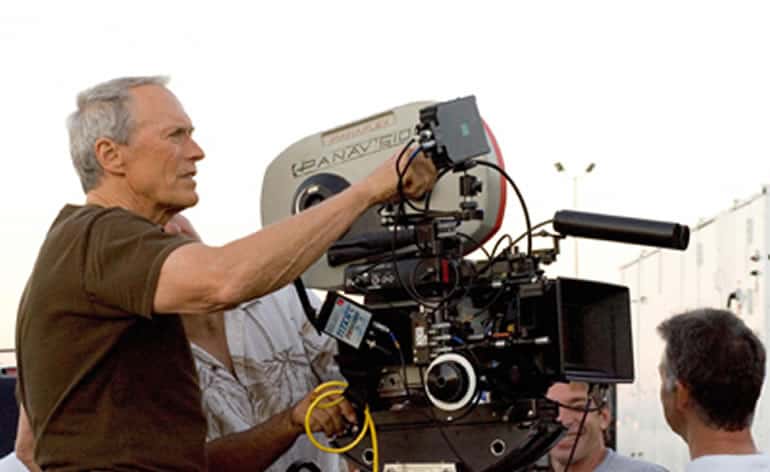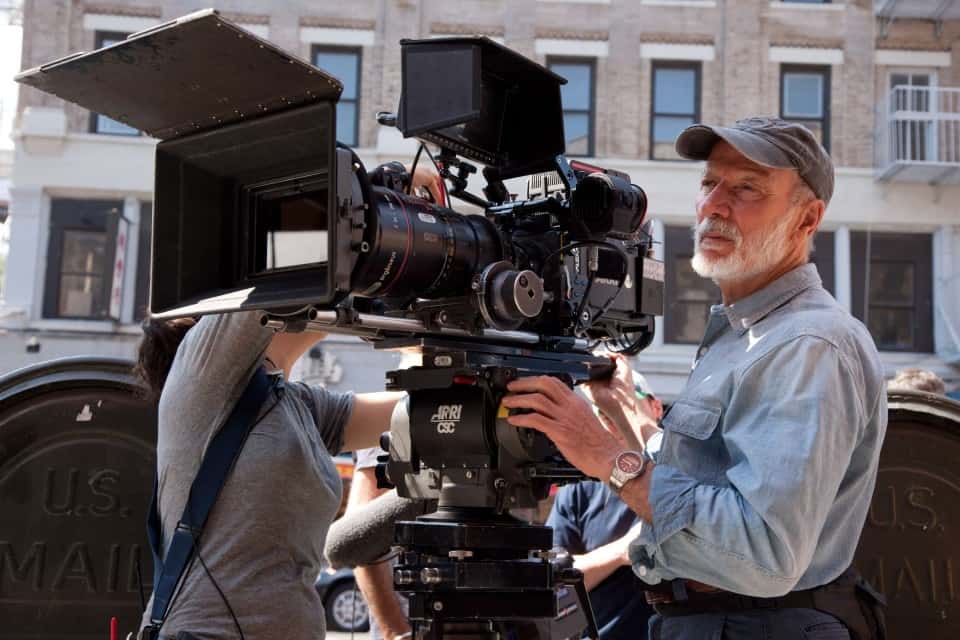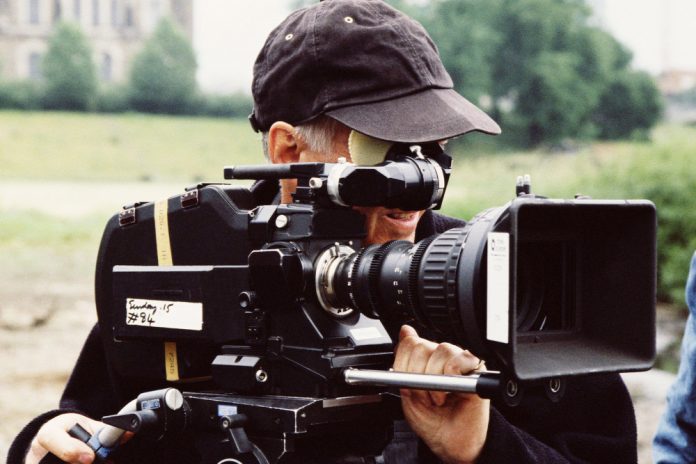Some camera directors head up large multi-camera units, others are the sole camera operator, but they hold an important role in film production. Camera directors are the same as directors of photography, and the terms can be interchangeable.
Skills

Camera directors need to know their camera angles and possess a good knowledge of lighting, exposure, film editing and other essentials. They also need to be up-to-date on the latest technology and techniques in order to create a quality film or production. Often they are responsible for post-production items, especially editing video in programs like FinalCut Pro or Adobe Premiere.
Education

A college degree in film production, cinematography or related field is a must for many camera directors, and often a graduate degree is required for advanced technical training. Internships and apprenticeships are also strongly recommended for on-the-job training.
Alternatively, strong technical skills in addition to a degree in a different field (anthropology, theater, ect.) is equally effective. This background sometimes offers some camera directors an advantage in the industry, as some projects might benefit from particular knowledge or expertise.
Job Duties

Camera directors are responsible for most aspects of lighting and camera crew operations in conjunction with a film director’s desired results for a production. This can include scouting for shooting locations or editing scenes in post-production. Some camera directors are also responsible for film settings and choreography.
Entry level work, according to CareerOverview.com, usually consists of grunt work and assisting the camera crew with lighting and camera setup. Those who break into the field as freelancer camera operators usually have additional skills, including business and marketing skills to ensure a sustainable business.
Work Environment

A camera director’s work life is filled with long hours, some of it on the production set and some of it on the road. Camera directors can expect to work on tight budgets and projected deadlines. Additionally, camera directors will need to hone conflict resolution skills as there will be tension between various departments.
Salary

According to the Bureau of Labor Statistics, the median earning for camera directors in 2008 was $41,670 a year, depending upon the employer.
However, pay is often erratic for many freelance camera directors. Some might land large studio contracts and others are regulated to local studios with small budgets. In addition they face expenses such as purchasing and maintaining equipment, business insurance and other business expenses.
Like with any creative job, camera directors and operators has its pluses and minuses. It is a potentially rewarding job with the opportunity for unleashing creative aspects, but it also is regulated by irregular work hours and sometimes strict budgets. Competition is fierce in this field, but for those who are persistent, a camera operator can thrive.
youtube.com/watch?v=8fGLb9vaugU


















